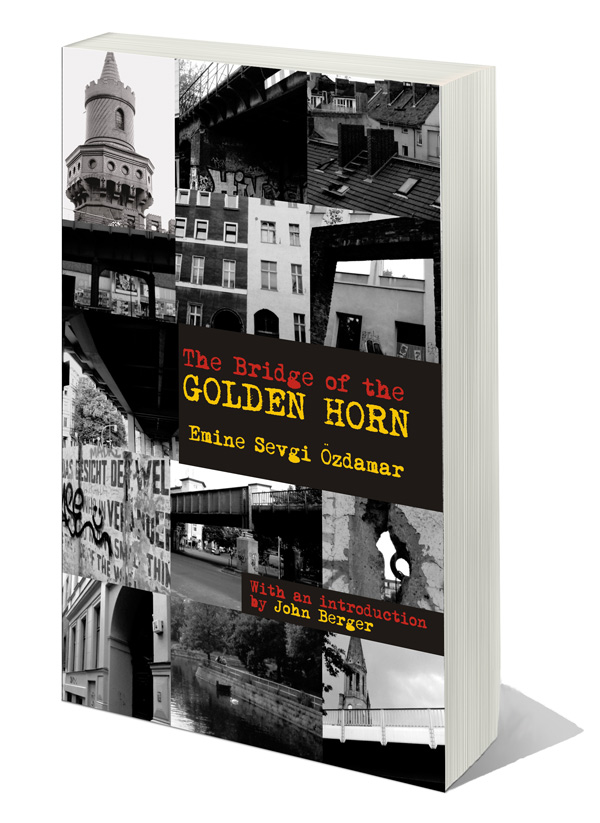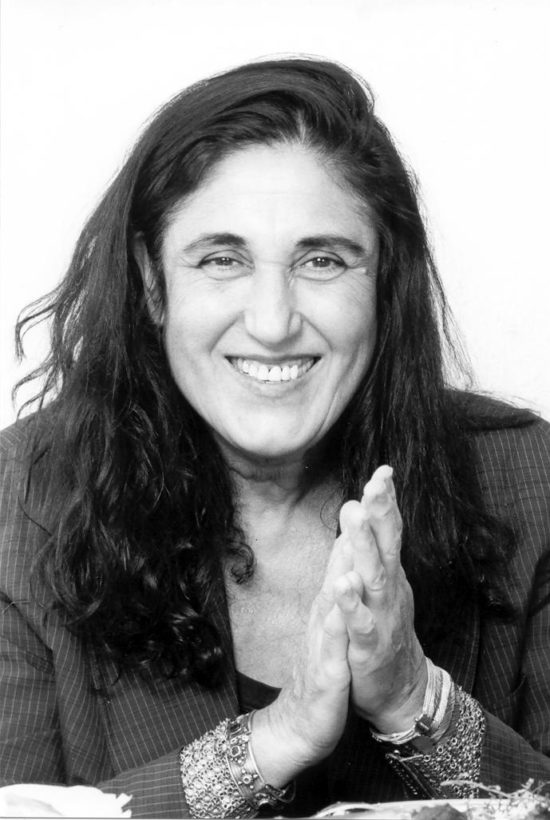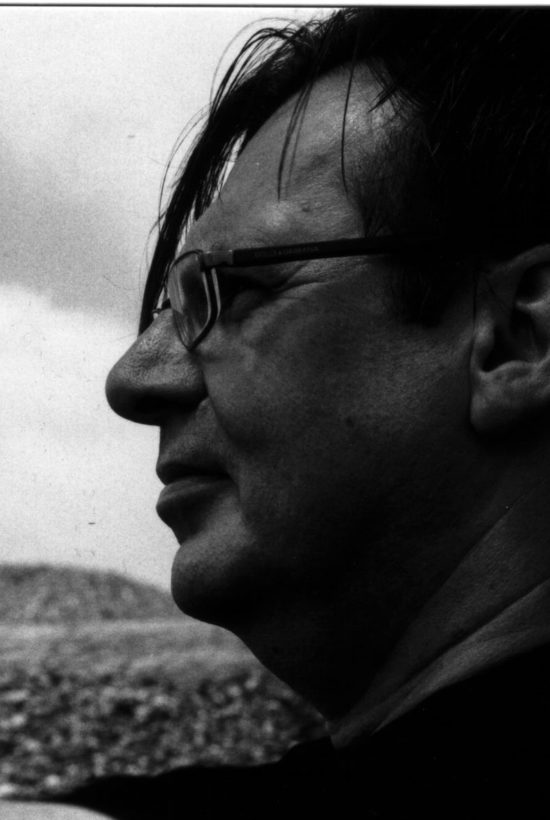
The Bridge of the Golden Horn is a coming-of-age novel, an account of an education, sentimental, sexual, political, theatrical, literary. A Turkish teenager, the unnamed heroine, signs up as a Gastarbeiter in Germany. She leaves Istanbul and works on an assembly line in Berlin and lives in a factory hostel. Özdamar’s novel is a witty, picaresque account of a precocious teenager and young woman refusing to become wise, of hectic years lived between Berlin and Istanbul, Istanbul and Ankara. These are years of sometimes grim repression, particularly in Turkey, but also of a hope and optimism that seem almost unimaginable today. The Bridge of the Golden Horn is a novel of Berlin winters and summers by the Sea of Marmara, of the streets and smells of Berlin and Istanbul and of the eternally smoky cafés of left-wing intellectuals.

